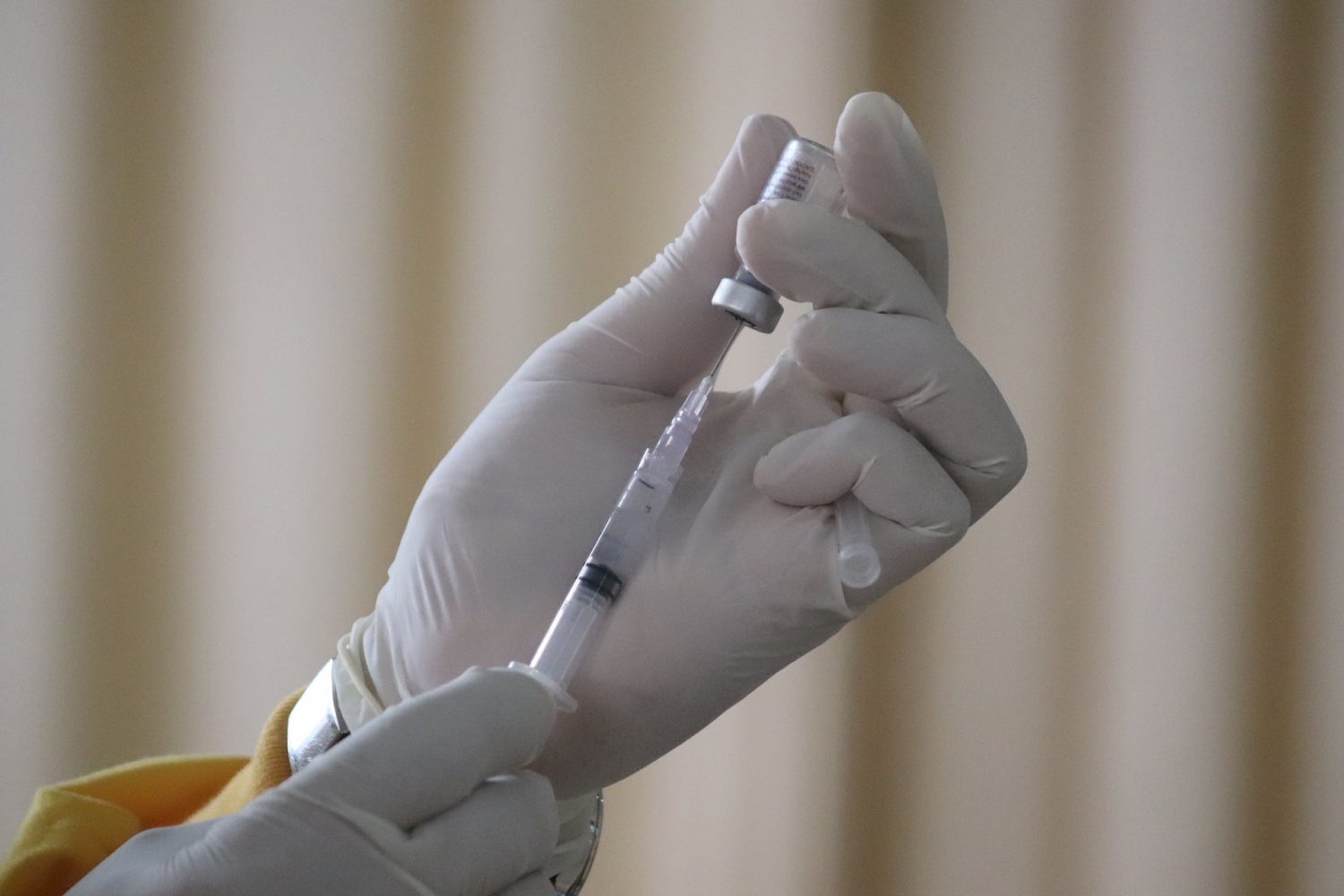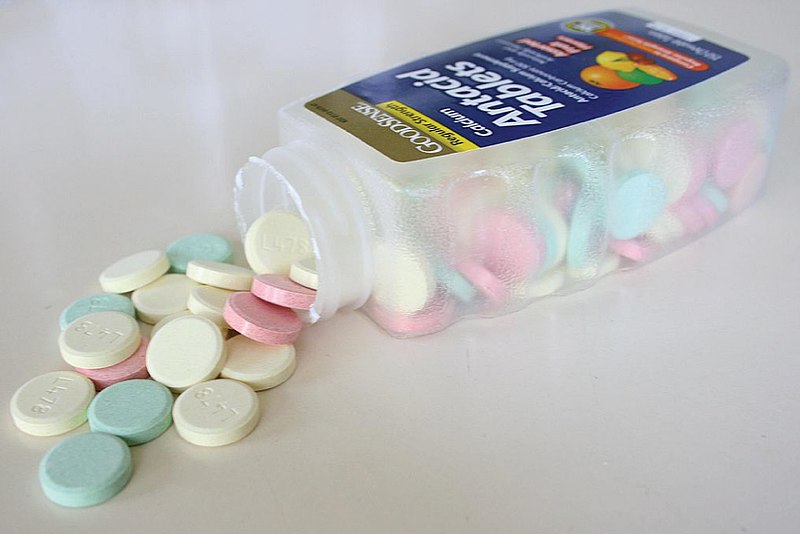Drugs/Therapy
How to Choose the Right Host Species for Polyclonal Antibody Production

(Photo : Mufid Majnun on Unsplash)
Polyclonal antibodies are a heterogeneous mixture of immunoglobulins produced by different B-cell clones that can recognize and bind to multiple epitopes on target antigens. They offer enormous utility in a wide variety of biological and biomedical research applications and are ideal reagents for detecting unknown antigens in diagnostic assays. Polyclonal antibody production is performed by immunizing host animals against a target antigen, monitoring the elicited immune response over successive immunizations, then bleeding the animal after an adequate titer of antibodies has been produced. Selecting the right host species for this process is vital for achieving the best results in terms of volume, quality, and properties of the generated antibodies. Furthermore, the ability to obtain accurate, precise, and reproducible data in an ELISA kit significantly depends on the quality of the antibodies used in the assay.
Key Factors to Consider in Species Selection
The following criteria are most important when determining which host species to use for polyclonal antibody production:
-
Phylogenetic Distance Between Antigen Donor Species and Host Species
The phylogenetic distance between two species refers to an estimate of the amount of time that has passed since both species shared a common ancestor or the time that each species has evolved independently of the other species. When immunizing host animals with mammalian proteins, it is essential to select a host species that differs from the species of the antigen donor to enhance the immune system response. A phylogenetically divergent species will generate antibodies against a larger range of foreign epitopes than a closely related species.
In other words, the greater the distance between the species used as the source of the antigen and the species that will receive the immunization, the stronger the immune system response that this immunization will prompt. For example, mice do not easily produce antibodies to mouse-specific antigens, so an animal like a chicken would make a better choice than a rat or guinea pig because of the greater phylogenetic distance between mice and chickens.
-
Needed Quantity of Polyclonal Antibodies
The quantity of polyclonal antibodies that an animal can generate is directly dependent on its body size. Traditional lab animals such as mice and rats produce sufficient serum for applications involving small amounts of polyclonal antibodies, but applications that require large amounts of antibodies often necessitate the use of farm animals as host species due to the greater volume of blood they possess. The quantity of antibodies that can be obtained from an individual animal also varies due to age, size, weight, gender, health status, and lifespan.
Young adult animals have more robust immune system responses than older animals and are less likely to be affected by prior immune challenges. The recommended ages for polyclonal production are six weeks for mice and rats, three months for rabbits and guinea pigs, 18-20 weeks for chickens, six to seven months for goats, and seven to nine months for sheep. Female animals are used more often than males because they are easier to handle and less aggressive. Animals should be healthy to avoid infectious agents that could suppress, modulate, or stimulate the immune system in unexpected ways and cause cross-reactivity to other antigens.
-
Ease of Obtaining Blood Samples
For practical and ethical reasons, researchers should avoid causing unnecessary pain or distress to the host animals they use for antibody production. An enriched, low-stress environment not only benefits the animal but can improve the quality and quantity of antibodies they generate. If the experiment does not need a specific animal species, it is more appropriate to use animals from which blood samples are relatively easier to obtain than those that are more difficult to bleed. Rabbits, mice, rats, and sheep are easier to bleed than guinea pigs, goats, horses, and camelids. Chickens do not require bleeding at all because antibodies are passed from the hen to the egg after immunization, and high concentrations of chicken egg antibodies can be collected directly from egg yolk.
Advantages and Disadvantages of Common Host Species
The most common species for polyclonal antibody production include rabbits, mice, rats, guinea pigs, chickens, sheep, and goats. Researchers favor rabbits, sheep, and goats due to their size, ease of vascular access, and their robust immune responses. Each has its own advantages and disadvantages as a host species, depending on the requirements.
* This is a contributed article and this content does not necessarily represent the views of counselheal.com









Join the Conversation